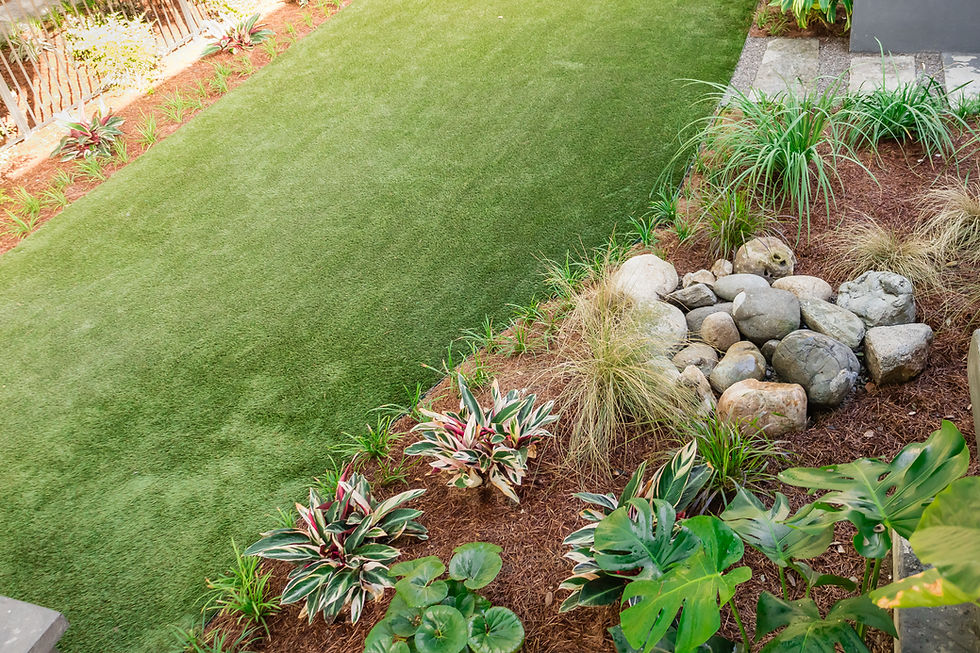The Diverse Gardens of New Orleans
- Jesse Edmondson
- Apr 30
- 2 min read
A Celebration of Culture, Climate, and Creativity
New Orleans is known for its vibrant culture, rich history, and architectural charm—but it’s also a city where gardens flourish in a dazzling variety of forms. Thanks to its subtropical climate, fertile soil, and strong gardening traditions influenced by French, Spanish, African, and Caribbean cultures, the Crescent City is a lush tapestry of green spaces both public and private.

Creole Courtyard Gardens
Nestled behind wrought-iron gates and stuccoed walls in the French Quarter and Faubourg Marigny, these intimate gardens are an essential part of traditional Creole townhouses. Designed for privacy and shade, they often feature flagstone paths, trickling fountains, tropical plants, and antique statuary. Expect to find lush greenery like banana trees, ferns, and palms coexisting with classic flowers such as jasmine and camellias.
Formal Gardens at Historic Estates
Several historic homes and estates around New Orleans, such as Longue Vue House and Gardens or the Pitot House, feature formal gardens that reflect early 20th-century and colonial influences. These gardens typically include manicured hedges, symmetrical layouts, ornamental ponds, and native as well as exotic plantings. They offer a glimpse into the city's aristocratic past and the influence of European garden design.

Community Gardens
In neighborhoods like Bywater, Tremé, and Mid-City, community gardens are not only spaces for growing food but also for gathering and reconnecting. Run by local nonprofits or neighborhood associations, these gardens often feature raised beds, compost systems, pollinator-friendly plants, and educational signage. They play a critical role in addressing food insecurity and fostering environmental awareness.
Tropical & Exotic Gardens
Given the humid, warm climate, it’s no surprise that New Orleans is home to gardens that resemble lush rainforests. These gardens might be found in private backyards or public spaces like the New Orleans Botanical Garden in City Park. Expect to see elephant ears, hibiscus, bird of paradise, bamboo, and even orchids thriving here.

Urban Jungle Patios and Balconies
Even without yards, New Orleanians get creative. Balcony and patio gardens, particularly in the French Quarter, are a spectacular sight. Overflowing window boxes, hanging ferns, and trailing vines cascade over iron railings. These small-scale urban oases are carefully curated to create shade, privacy, and beauty.
Wildlife and Pollinator Gardens
With growing awareness around ecology, pollinator-friendly and native plant gardens are becoming more common. These gardens prioritize milkweed for monarch butterflies, native grasses, and flowering perennials that support bees, hummingbirds, and other essential species. They can be found in both residential yards and parks.
Cemetery Gardens
New Orleans’ famous above-ground cemeteries, like St. Louis Cemetery No. 1, double as historical and botanical landmarks. While not gardens in the traditional sense, many gravesites are adorned with flowers, vines, and shrubs, creating a serene, overgrown beauty unique to the city.







Comments